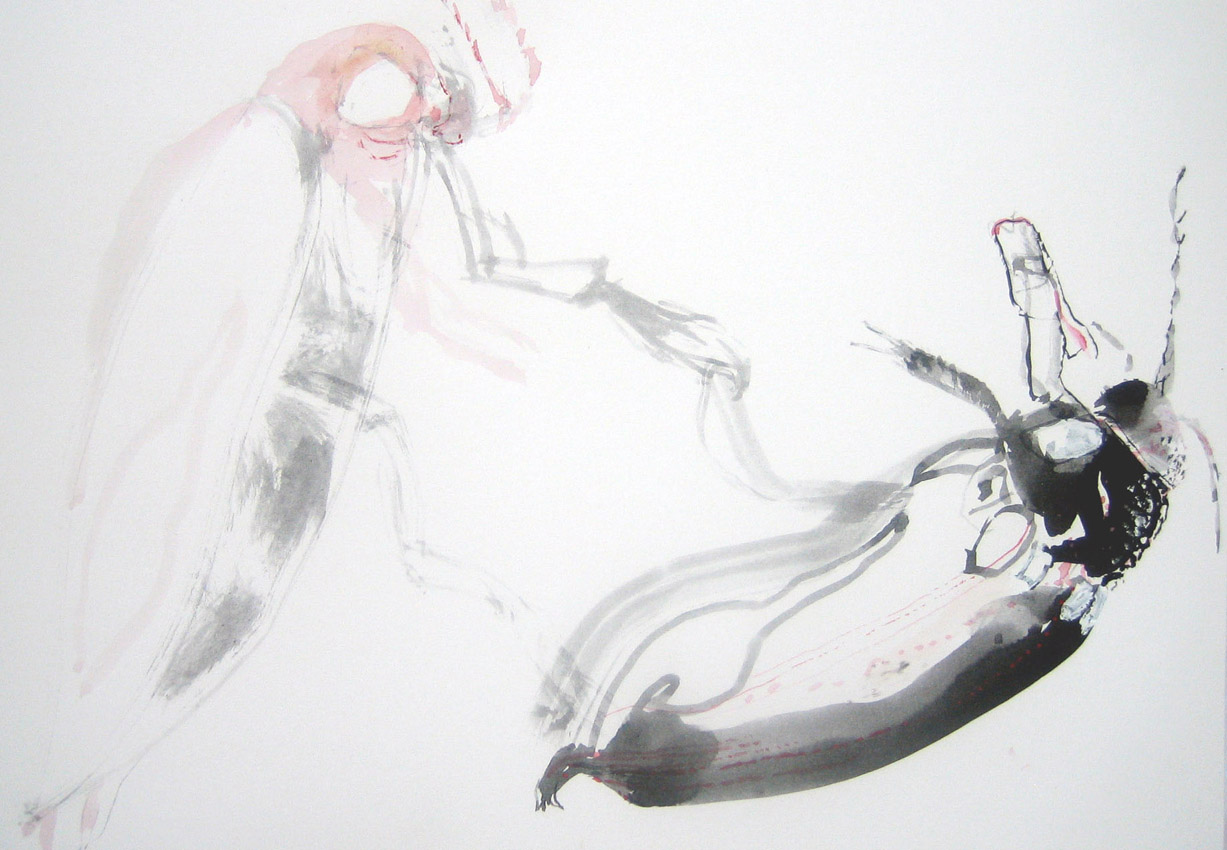Nils Röller: Jabès compass – Light and Justice
Saturday, April 11th, 2009The dispersion of natural light and shadow follows the rhythm of the year. It repeats itself. The vast spread of artificial light offers an opportunity to reshape the light and shadow of our awareness of the law. For instance:
Justice must always be re-invented, sought and found. The more people there are, the more frequent and necessary is the search for justice. Each individual breaks and absorbs light differently, reflects it in his own way. Natural light, artificial light, as well as the light of others. Sources of artificial light cast shadows.
What kind of justice would we have if derived from artificial sources? Arithmetic and geometry were long considered art. Descartes suggests categorising them as sciences and differentiating them from the arts. In Descartes’ time, poetry was an art. It is still an art today. Can poetry serve as a source of justice? It can at the very least sharpen perception and draw attention to injustice.

